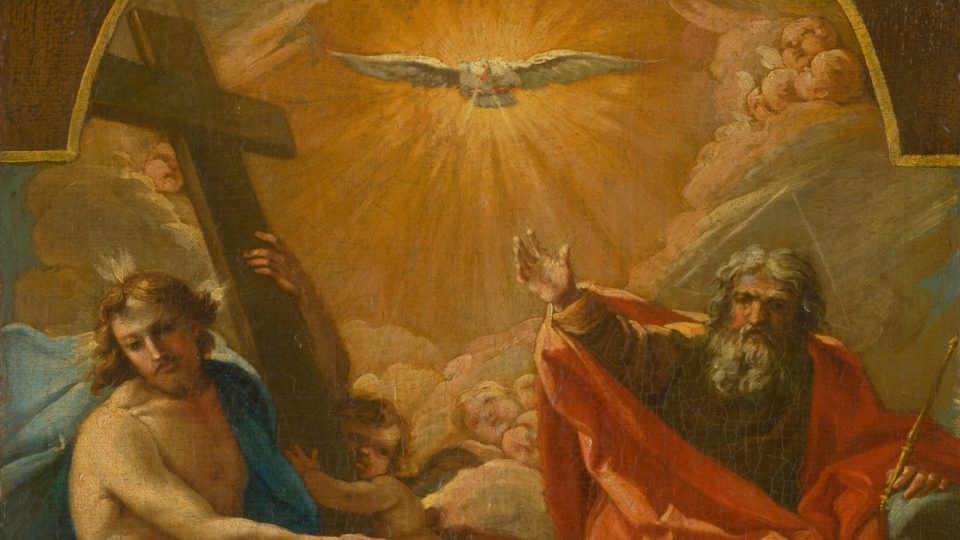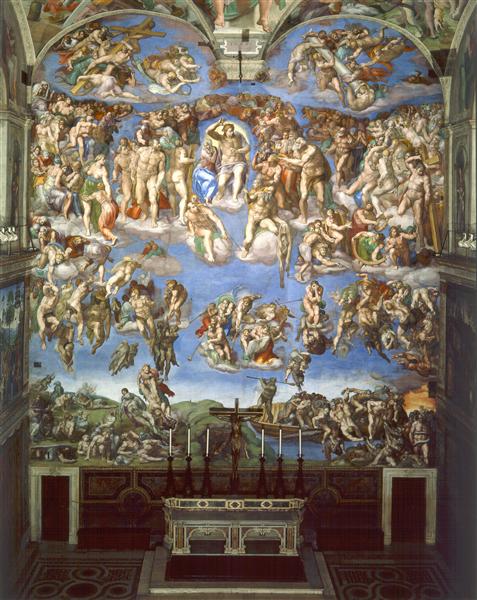27 And as Jesus passed on from there, two blind men followed him, crying aloud, “Have mercy on us, Son of David.” 28 When he entered the house, the blind men came to him; and Jesus said to them, “Do you believe that I am able to do this?” They said to him, “Yes, Lord.” 29 Then he touched their eyes, saying, “According to your faith be it done to you.” 30 And their eyes were opened. And Jesus sternly charged them, “See that no one knows it.” 31 But they went away and spread his fame through all that district.
SCRIPTURE READING: Isaiah 29:17-24
17 Is it not yet a very little while until Lebanon shall be turned into a fruitful field, and the fruitful field shall be regarded as a forest? 18 In that day the deaf shall hear the words of a book, and out of their gloom and darkness the eyes of the blind shall see. 19 The meek shall obtain fresh joy in the LORD, and the poor among men shall exult in the Holy One of Israel. 20 For the ruthless shall come to nothing and the scoffer cease, and all who watch to do evil shall be cut off, 21 who by a word make a man out to be an offender, and lay a snare for him who reproves in the gate, and with an empty plea turn aside him who is in the right. 22 Therefore thus says the LORD, who redeemed Abraham, concerning the house of Jacob: “Jacob shall no more be ashamed, no more shall his face grow pale. 23 For when he sees his children, the work of my hands, in his midst, they will sanctify my name; they will sanctify the Holy One of Jacob, and will stand in awe of the God of Israel. 24 And those who err in spirit will come to understanding, and those who murmur will accept instruction.”
Meditation: Are there any blind-spots in your life that keep you from recognizing God’s power and mercy? When two blind men heard that Jesus was passing their way, they followed him and begged for his mercy. The word mercy literally means “sorrowful at heart”. But mercy is something more than compassion, or heartfelt sorrow at another person’s misfortune. Compassion empathizes with the sufferer. But mercy goes further; it removes suffering. A merciful person shares in another person’s misfortune and suffering as if it were their own.
God shows mercy to those who recognize their need for his forgiveness and healing
When two blind men approached Jesus, he questioned their earnestness. “Do you believe that I am able to do this?” Jesus put them to the test, not to rebuff them, but to strengthen their faith and trust in God’s mercy. He touched their eyes, both to identify with their affliction and to awaken faith in them. Their faith grew as they responded to his word with confident hope. Jesus restored their sight – both physically and spiritually to the reality of God’s kingdom. Faith opens the way for us to see the power of God’s kingdom and to experience his healing presence in our lives.
In Jesus we see the fullness of God’s mercy and the power of his kingdom – power to save from death and destruction, to forgive sins and lift the burden of guilt, and to heal infirmities and release the oppressed. Jesus never refused to bring God’s mercy to those who earnestly sought it. How can we seek and obtain God’s mercy? God gives mercy to the lowly in heart – to those who recognize their need for God and for his forgiveness and healing power.
God transforms those who put their hope and trust in him
God wants to change and transform our lives to set us free to live as his sons and daughters and citizens of his kingdom. Faith is key to this transformation. How can we grow in faith? Faith is a gift freely given by God to help us know God personally, to understand his truth, and to live in the power of his love. For faith to be effective it must be linked with trust and obedience – an active submission to God and a willingness to do whatever he commands. The Lord Jesus wants us to live in the confident expectation that he will fulfill his promises to us and bring us into the fullness of his kingdom – a kingdom of righteousness, peace, and joy in the Holy Spirit (Romans 14:17). Do you know the peace and joy of God’s kingdom?
Lord Jesus, help me to draw near to you with faith and trust in your saving power and mercy. Free me from doubt and unbelief that I may approach you confidently and pray boldly with expectant faith. Let your kingdom come and may your will be done in me.
Psalm 27:1-4, 13-14
1 The LORD is my light and my salvation; whom shall I fear? The LORD is the stronghold of my life; of whom shall I be afraid?
2 When evildoers assail me, uttering slanders against me, my adversaries and foes, they shall stumble and fall.
3 Though a host encamp against me, my heart shall not fear; though war arise against me, yet I will be confident.
4 One thing have I asked of the LORD, that will I seek after; that I may dwell in the house of the LORD all the days of my life, to behold the beauty of the LORD, and to inquire in his temple.
13 I believe that I shall see the goodness of the LORD in the land of the living!
14 Wait for the LORD; be strong, and let your heart take courage; yes, wait for the LORD!







